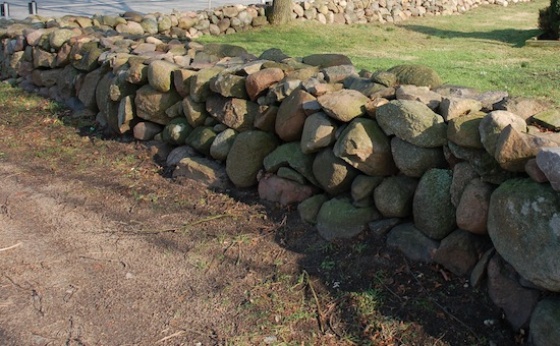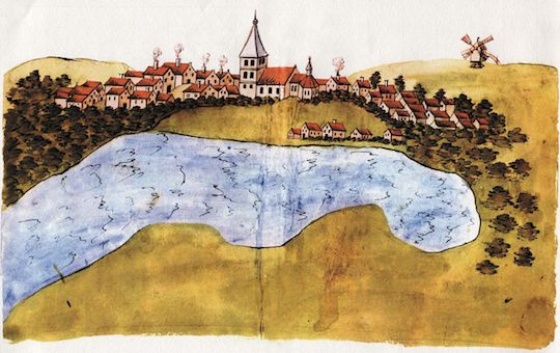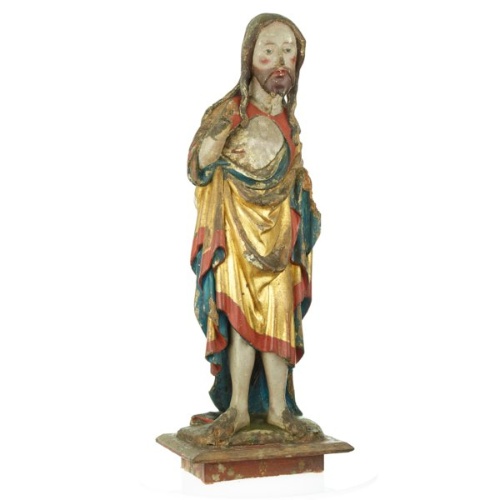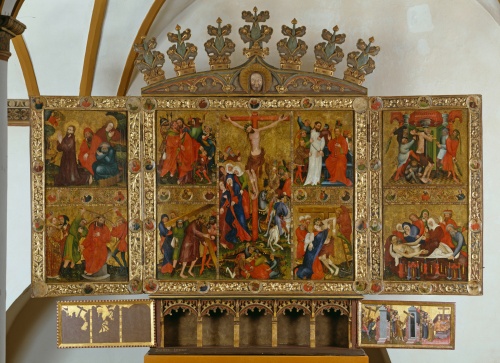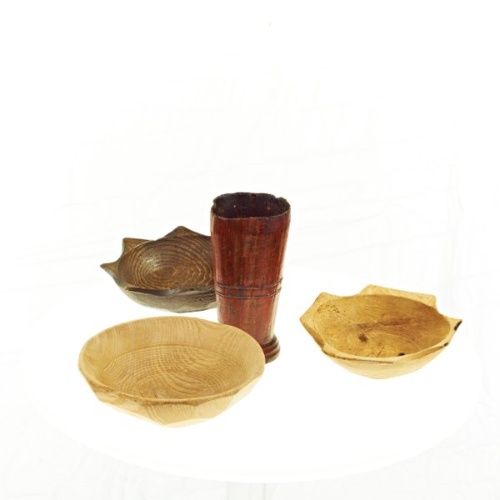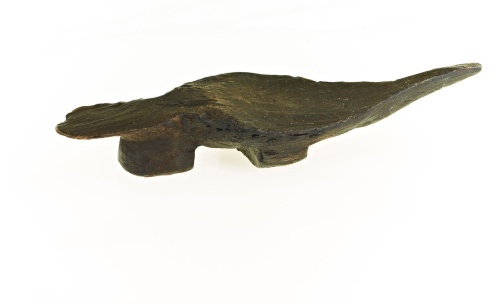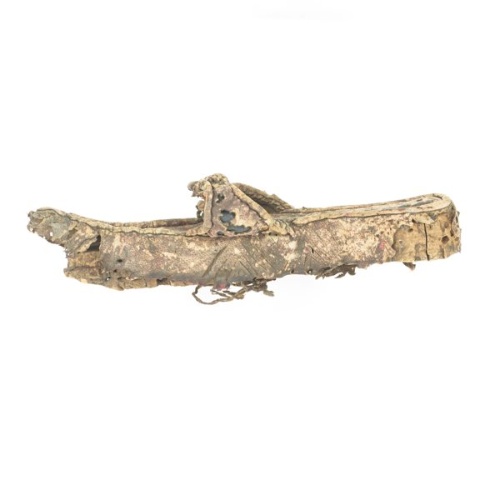The Danish Queen Margarete brings Denmark, Norway and Sweden into the Kalmar Union. Her great nephew Eric II, Duke of Pomerania, succeeds her on the throne in 1412. But he returns to Pomerania in 1449. The territorial disintegration reaches its apex.
Stralsund grows to 13,000 inhabitants. Barth, Wolgast, Anklam and Demmin are also Hanse cities. Private schools instruct the scions of crafts families in reading, writing and arithmetic.
The nobility gains important rights, such as patronage of the church, collection of taxes, jurisprudence or the use of farmers‘ services.
Tar smelting plants cut down beech forests to produce pitch as a sealant and lubricant. Charcoal burning processed wood into charcoal. Fire also destroys broad swathes of woodland.
Christenings, engagements and weddings or funeral rites upon someone’s death were occasions for families to meet up and beer was consumed. Birthdays were not celebrated. In towns, fashionable clothing is an expression of social status.
Criticism of these conditions flares up due to the sale of indulgences, proclivities for earthly delights among the clergy and violence. A senior member of the Stralsund clergy plunders the estates outside the city in 1407. In response, the burghers in the city condemn three priests to death by fire.
Food was based on local agricultural products. Imported spices were expensive.
